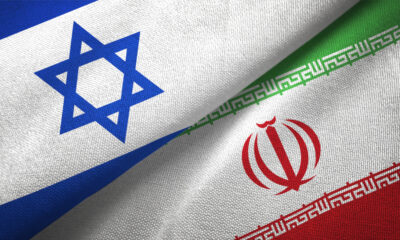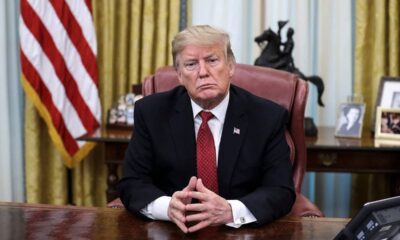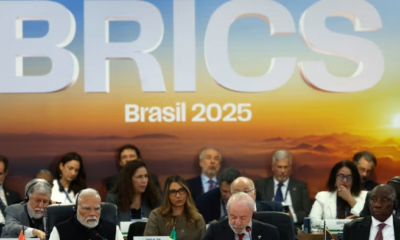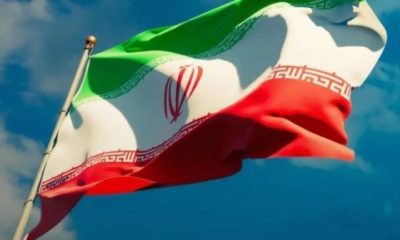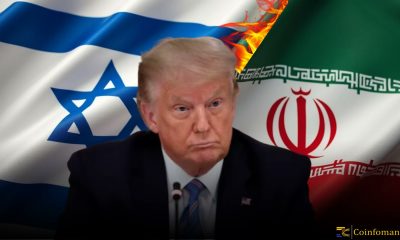News
World War III: How Each Continent Is Bracing for the Global Storm
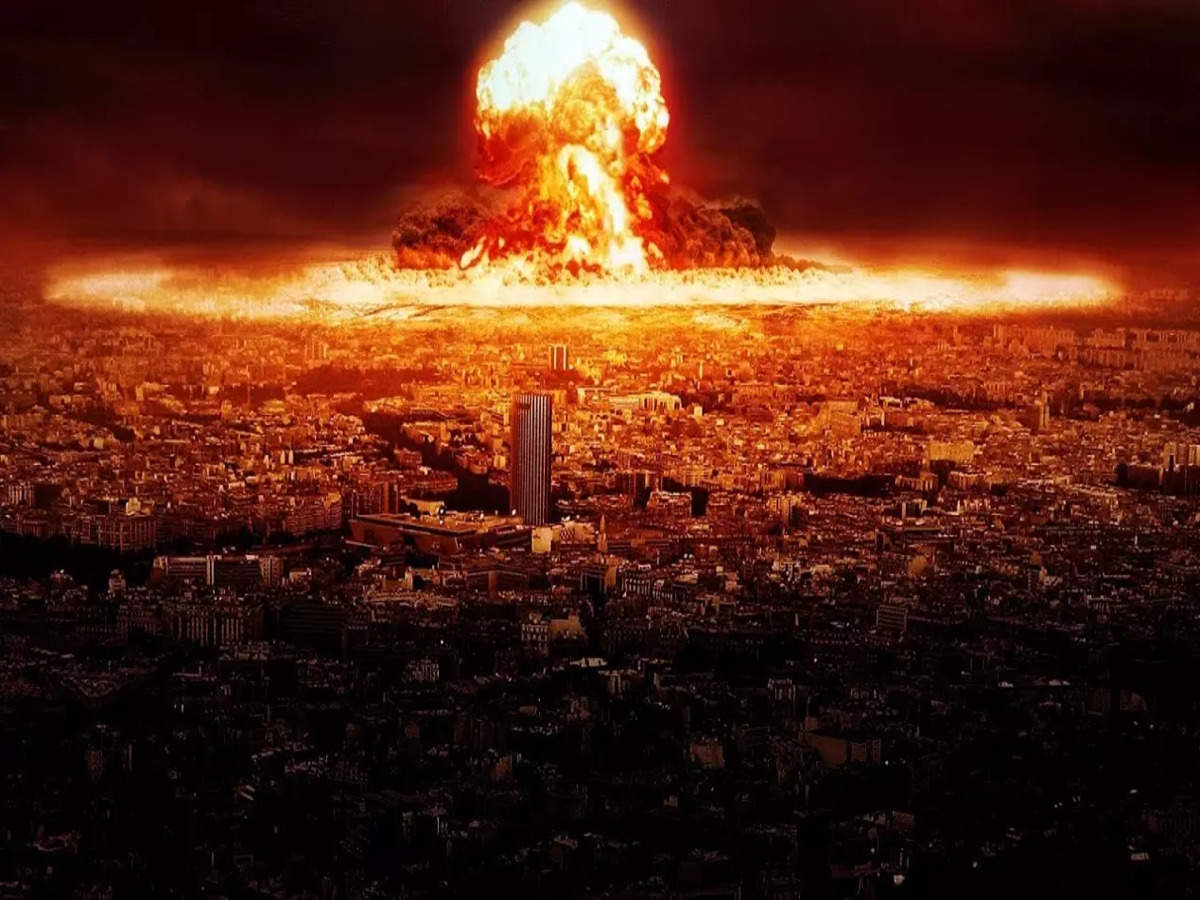
As the Iran-Israel conflict expands, the world’s fault lines are hardening and each continent is preparing for the worst.
What began as a heated exchange between Israel and Iran has now evolved into a full-blown international crisis, drawing in the United States and threatening to engulf multiple regions in its wake. The missile strikes, diplomatic fractures, and shifting alliances are not just isolated events, they mark the unfolding of a broader geopolitical upheaval.
Here’s how the world is responding, continent by continent.
Middle East: The Eye of the Storm
After Israel’s confrontation with Iran, the United States launched a dramatic missile strike on suspected Iranian nuclear facilities, a move it defended under its long-held nuclear deterrence policy towards Iran, North Korea, and Iraq.
Iran retaliated swiftly, targeting a major US military base in Al Udeid, Qatar.
The Gulf nations, including Saudi Arabia, the UAE, Bahrain, Oman, Kuwait, and Qatar are now huddling closer. Joint military drills and the partial activation of the Gulf Cooperation Council’s (GCC) emergency response centre signal a growing regional security coalition.
Meanwhile, Gaza remains under Israeli fire, with Iran backing Hamas, echoing Israel’s historical support for Iranian opposition forces like the People’s Mujahedin. Civilians in Gaza bear the brunt of the crossfire.
Asia: Walking a Diplomatic Tightrope
Asia is already feeling the economic aftershocks. As fighting intensifies near the Strait of Hormuz, through which a third of the world’s seaborne oil flows, oil prices have surged between 7% and 11%. A prolonged disruption could cost Asia an eye-watering $500 billion in extra oil import costs.
China has taken a cautious, diplomatic stance, urging de-escalation and international mediation. But tensions are rising elsewhere in Asia too:
The India-Pakistan conflict over Kashmir has reignited, as both nations recalibrate in light of the broader regional upheaval. Iran’s ties to Shia militias and Israel’s growing cooperation with India are quietly reshaping the South Asian balance of power.
Africa: Caught Between Alliances and Oil Shocks
Africa’s response is as complex as its politics. The continent is already under pressure from rising oil prices, with major importers like Kenya, Ghana, and Senegal struggling with fuel shortages and higher inflation.
Diplomatically, Africa is split. Countries such as South Africa, Algeria, and Sudan (prior to normalization with Israel) have historically aligned with Iran and Palestine. South Africa is even considering closing Israel’s embassy.
On the other hand, nations like Morocco, Kenya, and Egypt maintain close security and economic ties with the United States and in some cases, have formal or informal links with Israel.
This internal division reflects Africa’s broader dilemma: balancing historic solidarity with modern-day pragmatism.
Eurasia: A Ticking Time Bomb
The war in Ukraine remains the major powder keg in Eurasia. Iran’s support for Russia, both diplomatically and militarily, mirrors the US and EU’s backing of Ukraine.
Ukrainian President Volodymyr Zelensky has warned of a potential Russian escalation across Europe, as Moscow senses an opportunity amidst global distraction.
European leaders are ramping up military preparedness and reinforcing NATO coordination, wary that today’s regional wars could explode into something much larger on their own continent.
Americas: Between Superpower Posturing and Regional Restraint
In North America, the United States has doubled down on military readiness, not only striking Iran but signalling its preparedness for potential flashpoints with both Russia and China.
But in Latin America, a very different tone prevails. Long-time US critic Cuba condemned Washington’s escalation in the Middle East, siding with Iran and Russia.
Meanwhile, Brazil, preparing to host the next BRICS summit is positioning itself as a voice of peace. Diplomacy and de-escalation are set to top the summit’s agenda, a stark contrast to the militarised rhetoric echoing from Washington.
What This All Means: The End of Local Wars
This moment represents a historic shift. Conflicts that once stayed local are now spilling across borders, dragged into the gravitational pull of global rivalry.
The Iran-Israel clash was never just about the Middle East. It’s now a spark in a world soaked in ideological gasoline.
Economic fallout, oil insecurity, shifting alliances, all signal that the global order is under pressure like never before. The idea of isolated wars is collapsing. Every strike, every alliance shift, now triggers ripple effects across continents.
This is not just another regional crisis. It’s a worldwide reckoning.
As countries rearm, reposition, or retreat into diplomacy, the next few months will determine whether the world steps back from the edge or tumbles into a war that truly earns its name: World War III.
{Source: IOL}
Follow Joburg ETC on Facebook, Twitter , TikTok and Instagram
For more News in Johannesburg, visit joburgetc.com

